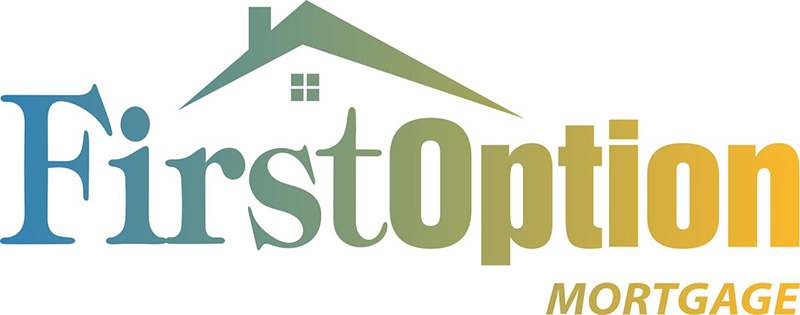If you’re in the market for a new home or have decided to refinance a current home, it can be overwhelming getting so much different advice from the people around you. Everyone seems to have some kind of horror story when it comes to a mortgage, and this can make things seem much more intimidating than they really are.
In truth, the homebuying and mortgage processes can be complicated. When people try to understand them, they can sometimes put their trust in advice that is incorrect or out of date. In this post, we will go over some common mortgage myths and debunk them so you can have a more informed decision when it comes time to check out different mortgages.

Myth 1: Refinancing With the Same Company Means No Second Round of Documentation
If you’ve had your home for a few years, there are still many factors that could have changed. The biggest factor is your financial situation. Although a refinance may not require as much documentation, you will still need to show your lender:
- proof of income
- insurance info
- credit info
- debt and asset statements
You may or may not need an appraisal and you may get a property inspection waiver. If you do end up needing an appraisal, your lender will work that out for you to save you stress and time. Once the appraisal is complete, the appraiser reports their findings to your lender so they know your home’s value.
Myth 2: Everyone is Qualifying for Low Rates Right Now
Rates are pretty favorable right now, but getting a low mortgage rate depends on you and your financial situation. Factors include:
- credit score
- debt-to-income ratio
- your loan history
If any of these factors aren’t looking too good for you, you may not qualify for what you consider a low rate. If you have a few months before it’s time to apply for your mortgage, then you can focus on fixing whatever factor is holding you back. Just remember that improving these three factors takes a good chunk of time.

Myth 3: It’s Easy to Get a Mortgage Nowadays
Although lenders do their best to simplify the mortgage process, it can still be complicated. Lots of people, paperwork, and processes are involved, and it can be a challenge to make sure that everything goes well.
An easy way to prepare is to make sure you have all the documentation that your lender will need ahead of time. This can help alleviate any issues or delays in the mortgage application process. Common documents include:
- Two most recent pay stubs of a borrower that reflect at least 30 days of year-to-date earnings
- Most recent W2
- Most recent bank statements (all pages) from an account that will be used to pay your down payment and closing costs
- Asset account statements (checking accounts, saving accounts, mutual funds, stock accounts, retirement accounts)
Depending on your financial situation, your lender might request other documents like child support documents, a divorce decree, or bankruptcy discharge information. Having these documents ready will keep you on track to complete this exciting, but sometimes complicated process.








